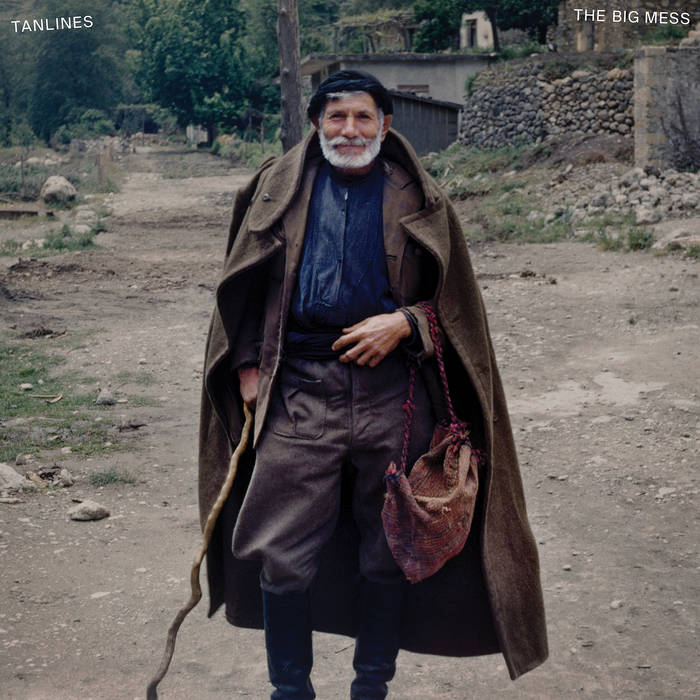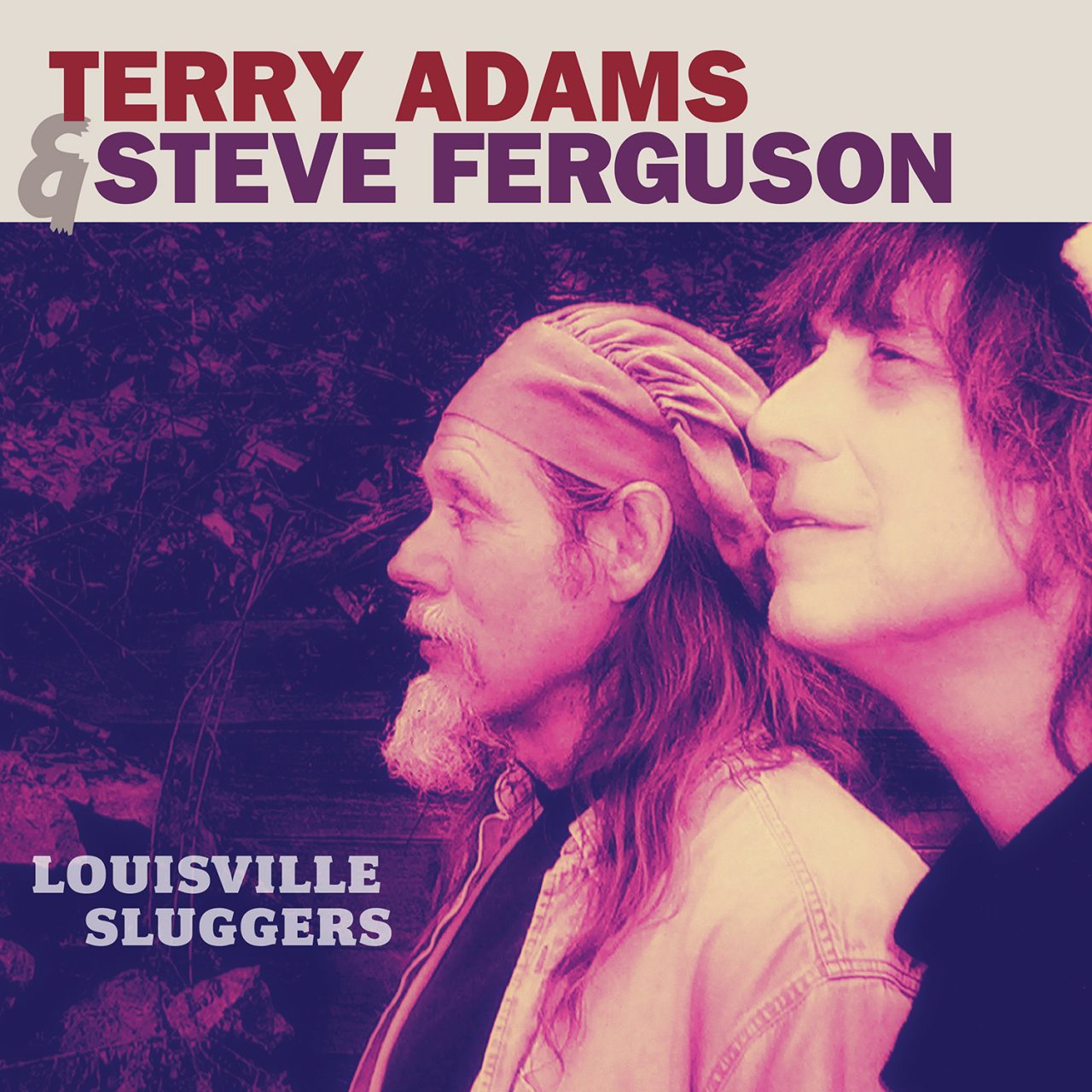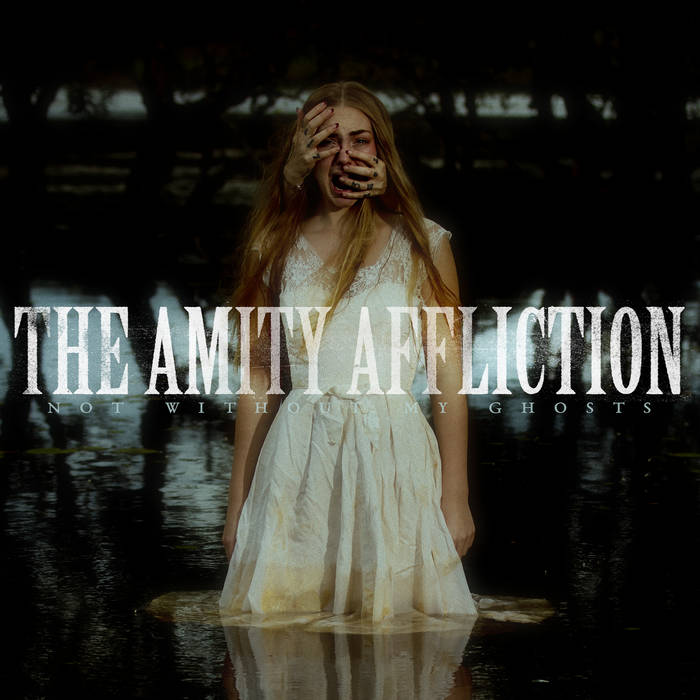
Scoville Unit "See What Can Be"
In March of 2020, Scoville Unit was riding an unusual high. The ‘90s-inspired guitar-pop quartet led by longtime friends and ex-college roommates Drew Isleib and Gandhar Savur had just released their third, self-titled album and received some unexpected accolades. Of course, the album cycle was cut short for obvious reasons, resulting in the cancellation of the remaining shows supporting the release. Unable to rehearse or perform, Isleib, a doctor, braved the storm, donning a white coat and an N95. Savur, on the other hand, fulfilled a lifelong dream and moved to Costa Rica, where for the next year-and-a-half he admittedly spent the bulk of his existence “surfing and eating rice and beans.”
He didn’t leave the U.S. empty-handed, though. Prior to his departure, the band got together for the first time since the start of the pandemic and managed to very quickly record the basic tracks for a new album. The whirlwind session, with Isleib manning the boards, captured ten newly-written tracks played together for the first time as a band during these sessions. “I honestly wasn’t sure what we’d end up with when we started recording, but when we heard what played back out of the monitors, we knew we were onto something,” says Isleib. The songs themselves deal with topics from that lost year, with a few giving descriptive insight into Savur’s decision-making process and desire to leave the country. Once the recording session had ended, he took off.
Savur’s lyrical musings on his decision to move to Costa Rica resonate with anybody who has ever decided to leave the grind of a big city to go to the idyllic landscapes of the suburbs, upstate, or out to the country. “In the Shade” details the dichotomy between city life and the bliss that he longs to experience in the alternate reality that he refers to only as “over there.” The uplifting, punk-inspired manifesto “Pure Energy” lays out his well-thought “new blueprint for our lives.” “You’re Right” is a reflection on the transition, and the consequential separation from the band, reassuring himself matter-of-factly, “now our home feels light years away, but I can fly into Philly, PA.” Costa Rica itself is never specifically mentioned, resulting in lyrical themes that are both personal and relatable.
For Savur, the move to a foreign country eliminated a lot of distractions and provided an opportunity to really focus on the album, and life. Although he was tempted to make his move to Costa Rica a permanent one and struggled with the dilemma during his entire stay, the album itself was largely influential in his final decision. “The day we got the final master back and I heard the finished album, that was the day I decided it was time to move back home,” he summarizes. And it is with this return home that the title of this new album takes on an even deeper meaning for both the band and the future of each member.

Tanlines "The Big Mess"
From Merge Records:
Tanlines’ first album for Merge. Eric Emm and Jesse Cohen make escapist, joyful-sounding songs about sad, insular moments and melancholy songs about catharsis and joy. The Big Mess is a deft and danceable exploration of what Emm calls “introspective masculinity,” what thoughtful relationships look like between father and son, between friends, and between the individual and societal expectations. The Big Mess is for Tanlines fans old and new alike, those who’ve succumbed to their wry, winking brand of pop music in the past, and those looking to soundtrack a late night in the future.

Terry Adams & Steve Ferguson "Louisville Sluggers"
From Omnivore Records:
In 1966, Terry Adams and Steve Ferguson, two musicians from Louisville, Kentucky, formed the New Rhythm And Blues Quartet after playing together in earlier bands. From the release of their 1969, self-titled debut, NRBQ became not only one of the greatest genre-defying bands on the planet, but also a band whose live shows were as unpredictable as they were unparalleled in the joy they brought their audiences. Although Ferguson left the band in 1971, he was never far away—periodically showing up at gigs (much to the delight of fans), and playing with Adams on various releases keeping their musical friendship alive and well.
The pair got together in the mid 2000s to re-explore that kinship. They brought along NRBQ drummer Tom Ardolino, Terry’s brother Donn (of The Whole Wheat Horns, whose work is prevalent on many NRBQ releases), and some other friends. Donn says in the album’s liner notes, “No outside producers. No time constraints. No budget influences. Just Terry and Steve and friends.”
Louisville Sluggers appeared in 2006 to the delight of the NRBQ faithful. In addition to originals from both Adams and Ferguson, the friends also explored the music they loved: Thelonious Monk, Jimmie Rodgers, Louis Armstrong, Hank Williams, and more. No matter the writer or influence, Louisville Sluggers was totally inventive, and a whole lot of fun.
Now, Louisville Sluggers returns, with updated artwork (retaining Donn Adams original liner notes) and four previously unissued bonus tracks including recordings of “Turkey In The Straw” and Allen Toussaint’s “Java.” This reissue expands the wonder and merriment of Louisville Sluggers for the new and old generations of fans of NRBQ and beyond.

The Amity Affliction "Not Without My Ghosts"
From New Noise Magazine:
The Amity Affliction continues its steady release pattern, an album every few years since 2008, with a smashing new record titled Not Without My Ghosts. The metalcore band hold no punches. The Amity Affliction blitzes at breakneck speed while embracing a contemporary cultural message touching on suicide, gun violence, mental illness, and a number of nerve-touching topics.
Stylistically, this sounds like typical The Amity Affliction. The musicianship, versatile vocals, interesting pacing, and a sound that bridges gaps between the emo, metal and rock scenes are all there. But the wherewithal of the band and knack for prodding the sensitivities of American culture is a welcome addition.
“Show Me Your God” has been out since September. After a light piano opener, the track switches into overdrive, providing an emotional examination of America’s gun culture. “It’s Hell Down Here” is uber aggressive and potentially a reflection of singer Joe Birch’s battle with bi-polar disorder.
“Fade Away” mixes paces with a soaring, stadium-rock chorus. The anthemic background guitar riff in the track’s later half is one of the album’s many high points. “Death And The Setting Sun” features Canadian hardcore vocalist Andrew Neufeld. His addition makes for a fun UK-Canadian scene blend.
“I See Dead People” features the late New Zealand hip-hop artist Louie Knuxx. The fist-slamming song is an album standout, providing a juxtaposition between it’s aggressive style and the somber feelings up-to-date listeners will feel about the Knuxx’s tragic passing. “When It Rains It Pours” features the thick vocals of former Before Their Eyes member Landon Tewers. The track’s chorus is excellent, commercial rock.
“The Big Sleep” provies an emotional cry that plays like an intuitive conversation, constantly building on itself until it’s massive crescendo in the final chorus. “Close To Me” is one of the poppier songs on the album, with the touching chorus “I am so lost and lonely/ Always destroying what I love.” Theocratic symbolism is ever-present in “God Love” with a vibe that is, at times, dark and heavenly. “Not Without My Ghosts” is a toned down and touching way to close the album, featuring alternative artist Phem.
From the writing to the musicianship, Not Without My Ghosts is an excellent album fitting of Amity Affliction’s legendary canon. The band presses on as a needed voice in the scene.